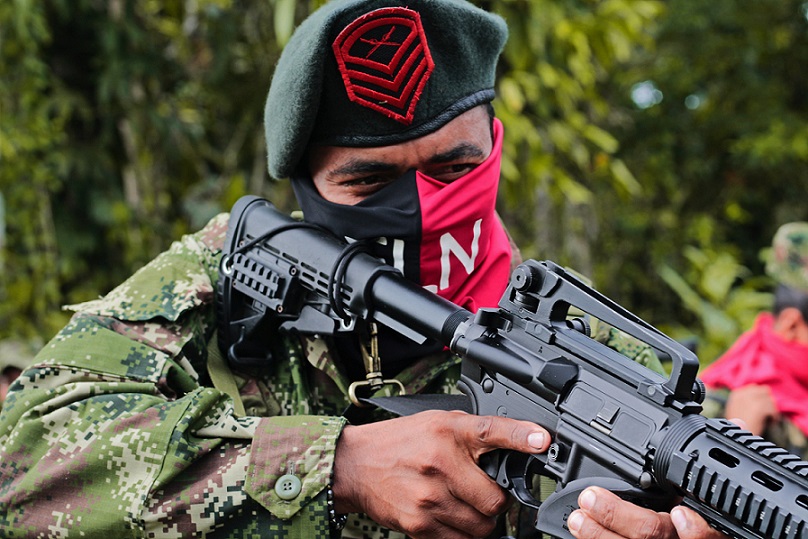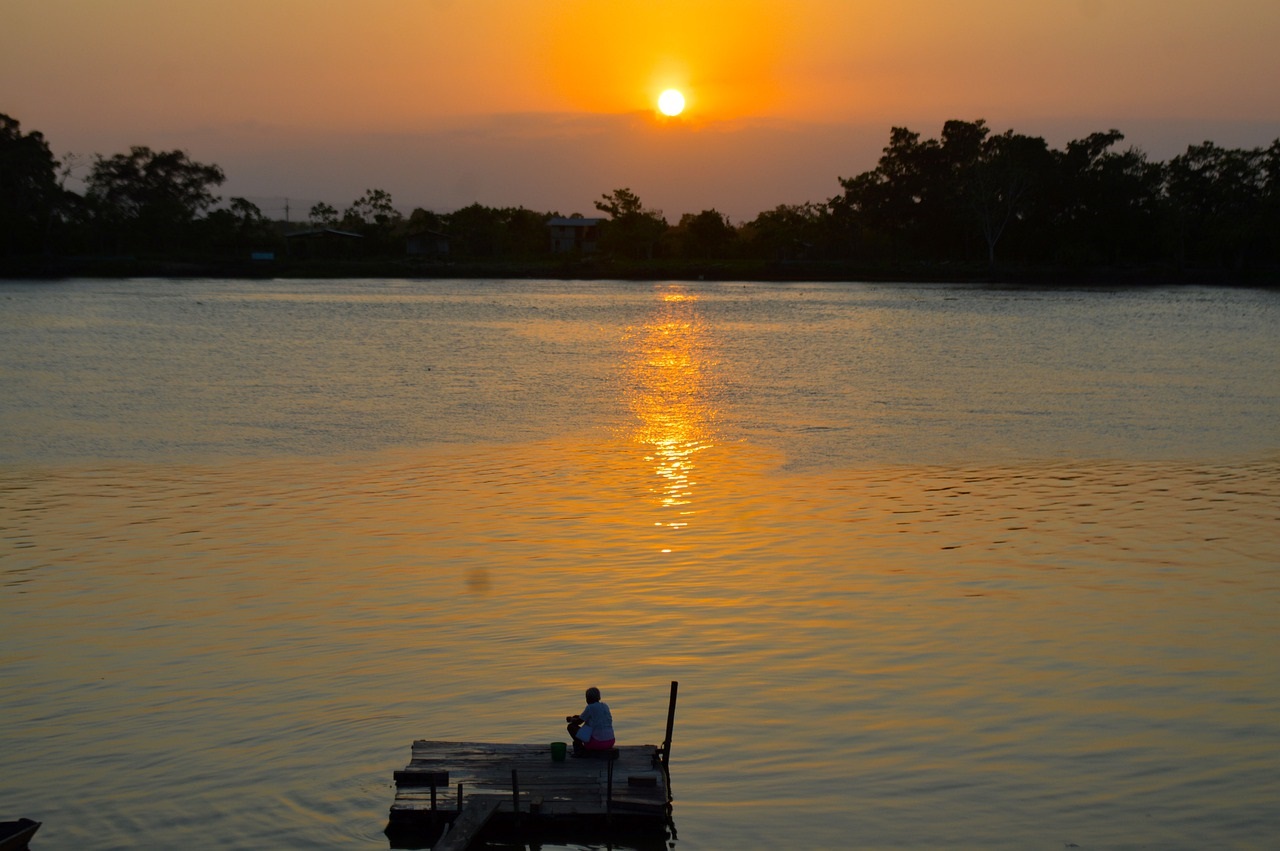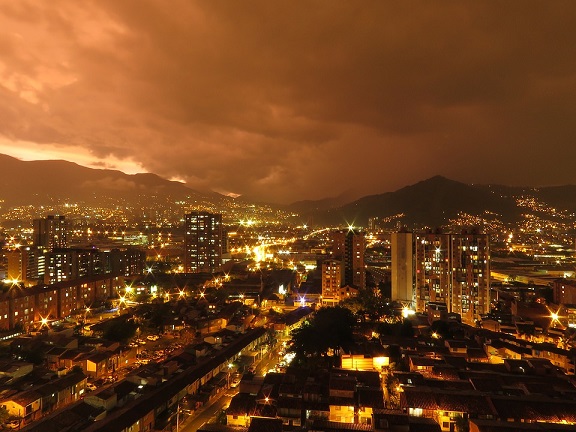The urgent thing is a unilateral cessation of attacks on the population. Any ceasefire between armed groups, and any discussion about achieving and formalising it, must as a minimum be based on unilateral and unconditional commitment not to harm the civilian population and be supported by effective self-regulation to ensure the ceasefire is observed.

Camilo González Posso*
Last Wednesday, delegates from the National Liberation Army (NLA) and the Colombian government met to prepare the round of conversations that will take place in Caracas.
They will resolve the impasse created by the ceasefire decree by defining some ground rules for work and communication. Hopefully the NLA will not postpone its reply to society’s demand for a unilateral cessation of hostilities by waiting for the result of the discussions on bilateralism. It is known furthermore that conversations are continuing between the EMC, the guerrilla group Second Marquetalia and AGC – The Gulf Clan with the difficult task of specifying protocols and methods of communication, verification and problem solving on the way to making a bilateral ceasefire a reality. There are many topics and incidents that have to be tackled, among which are the killings among themselves and the dictatorship of fear they impose on the communities.
They can talk in all these forums and meetings about ceasefires, truces, bilateral and even multilateral cessations, establishing protocols, statements and resolutions, but all that is worth less if there are not immediate unilateral commitments to suspend and condemn all the attacks on communities, organisations, leaderships, dignity and people’s property.
Many of those who bear arms to seek their objectives and financial interests are discomfited at having unilateral decisions demanded of them and have invented the sophism that to move towards peace and towards the de-escalation of violence the magic word is ‘bilateral agreement’.
 When they talk about that bilateral agreement as a truce between themselves and the forces of the state, they put the focus on the simultaneous cessation of offensive actions between armed groups and all the regulations, protocols, subparagraph and lengthy documents that will have to result from long discussions.
When they talk about that bilateral agreement as a truce between themselves and the forces of the state, they put the focus on the simultaneous cessation of offensive actions between armed groups and all the regulations, protocols, subparagraph and lengthy documents that will have to result from long discussions.
But bothering with all this very important process and paperwork cannot be a pretext for hiding the fact that the immediate, urgent and indisputable thing is that all the armed groups who are attacking the civilian population must declare to the country and the world that they have to ban killing civilians, unarmed people not involved in fighting, displacing or confining through direct or indirect actions, extorting, kidnapping, ‘disappearing’, torturing, committing sexual offences and violence based on gender, dispossessing families and communities of their property, threatening boys, girls, adolescents.
Any ceasefire between armed groups, and any discussion about achieving and formalising it, must as a minimum be based on unilateral and unconditional commitment not to harm the civilian population and be supported by effective self-regulation to ensure the ceasefire is observed.
This demand for unilateral non-aggression commitments is based on ethical, humanitarian principles and on political and social necessities. It is not necessary to invoke obligations under International Humanitarian Law, as above that is the right to life and humanity’s customary principles.
It is also possible to invoke what is established under IHL so that society and the state impose it as a minimum on parties to internal conflicts.

Humanitarian agreements applied partially to specific points start with that obligation and must concern themselves with the procedures to guarantee effective respect of the civilian population.
In any event, what is essential is that, in the midst of violence and for a path to peace, the civilian population’s vital rights are assumed to be non-negotiable and are applied immediately and unilaterally without making their acceptance conditional on other armed groups doing the same.
This unilateral cessation of hostilities against the population and unarmed civilians has been demanded by the communities hit hardest by the war the armed groups are waging among themselves and the increasingly minor confrontations with the forces of the state. The Awa people and the Afro-Colombian communities in Nariño are demanding a stop to attacks, forced recruitment, confinement and to murder, such as the murders of the two little boys in Alto Mira on 31st December.
Although the leaders of the so-called dissident movements say they are holding a ceasefire, it seems they understand it as only referring to public forces because they do not stop massacring each other and victimising the population like in Putumayo and Cauca.
The Embera indigenous people of all the Pacific, from the del Valle coast and Choco, have made statements demanding a halt to the weapons with which they are displaced and confined. There are many voices in Choco that demand ‘Humanitarian Agreement Now’ and that exhort the NLA and the AGC Gulf Clan to stop the terror against the population.
 The Bari people asked the president to take urgent action to remove the weapons, cocaine and all violence from their territories and from the Catatumbo region.
The Bari people asked the president to take urgent action to remove the weapons, cocaine and all violence from their territories and from the Catatumbo region.
The social organisations of the Cauca department, among them CRIC, CIMA, ACCOM and ANUC, have made insistent declarations demanding a halt to all attacks against communities and their territories.
In various regions, communities reject curfews, armed stops, mining of territories and threats against the population.
The slogan DON’T KILL has been promoted on platforms like Defendamos la Paz (Let’s Defend Peace), calling on all the armed groups to respect life and quieten their weapons.
It is the clamour of millions of Colombians who declared for life in the large mobilisations of 2019, 2021 and in the electoral campaigns. And the vertebral column of total peace is the defence of life in all its forms.
It is known that the conversations are at an early stage and that there are signs of de-escalation of harmful attacks on the population. Now the urgent thing, without conditions, at the same time as the work of the bilateral forums moves forward, is that illegal armed groups of all types declare unilaterally that they condemn any attack on communities, organisations, leaders and citizens and that they will make rules and measures public to prevent their members and allies threatening the civilian population.
* Camilo González Posso: President of the Institute of Studies for Development and Peace (Indepaz).
(Translated by Philip Walker – Email: philipwalkertranslation@gmail.com) – Photos: Pixabay












.jpg)












